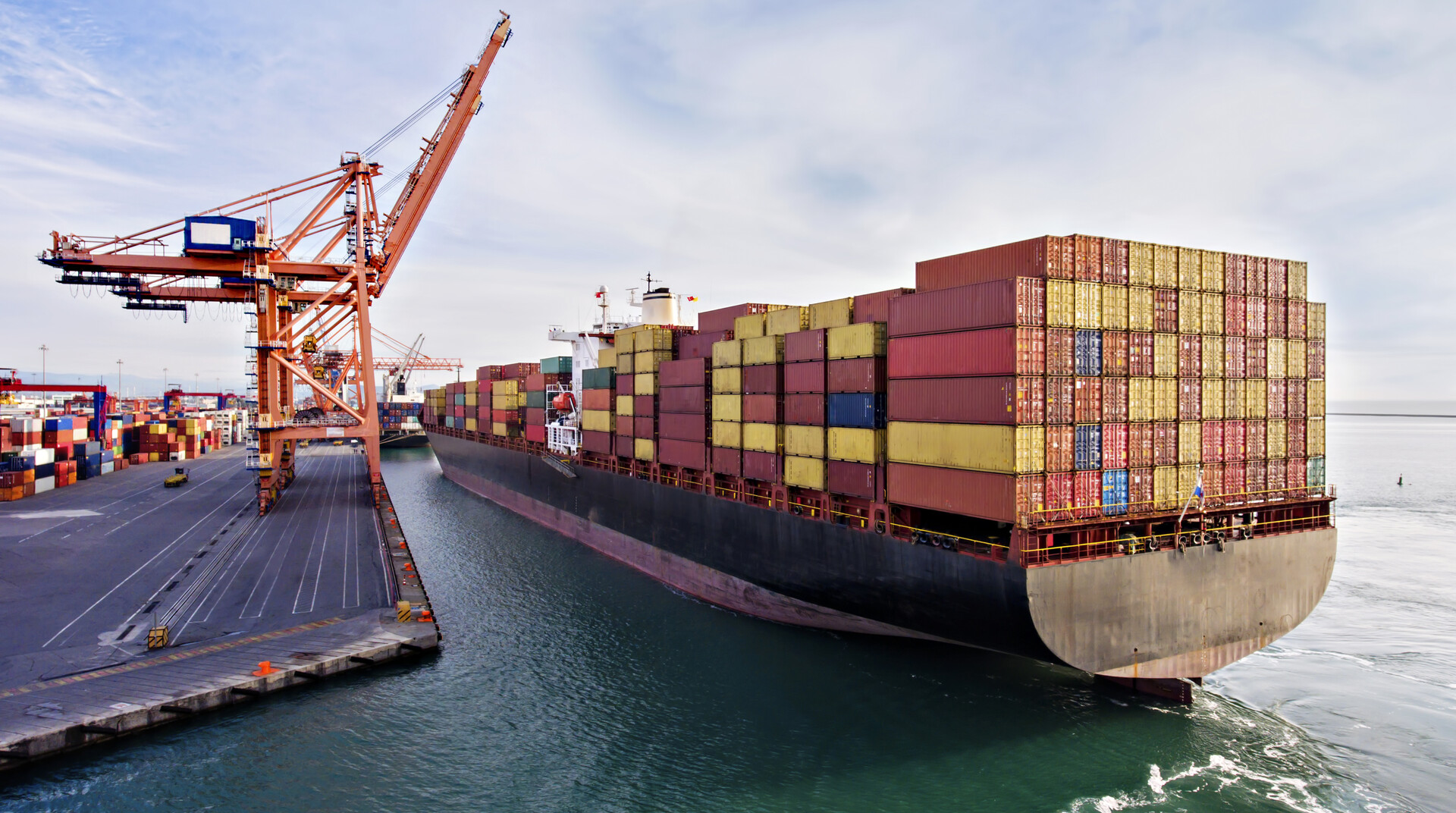
Trade
The U.S. aluminum industry is part of a highly competitive global commodity marketplace. To compete on a fair and level playing field, the industry relies on a rules-based trading system and robust trade enforcement.
Smart trade policy is essential to the future of U.S. aluminum.
Aluminum Trade Agenda
Keep North American Aluminum Competitive
-
Maintain tariff-free access to Canadian aluminum imports.
-
Harmonize tariffs in North America to secure regional borders from unfairly traded metal.
-
Monitor trade flows within North America to combat unfair trade.
-
Reform Section 232 exclusion process to rationalize program and reduce compliance burdens.
-
A robust and fair mandatory review of the U.S.-Mexico-Canada Agreement (USMCA) in 2026.
Strong Trade Enforcement
- Continue to use and expand tariffs targeted at subsidized, unfairly traded Chinese imports.
- Use antidumping/countervailing duty laws to combat unfair trade in targeted markets.
- Fund and maintain Aluminum Import Monitoring (AIM) system.
Keep Critical Materials at Home
- Set a national standard for producing and maintaining access to critical materials like aluminum and its alloying elements.
- Modernize how aluminum scrap is categorized for imports/exports.
- Invest in new technologies to collect, sort and re-melt critical materials like aluminum.
Rules-based trade and robust enforcement.
As a globally traded commodity business, the U.S. aluminum industry relies on a well-enforced, rules-based trading system to compete in the marketplace. Unfortunately, countries like China have long engaged in unfair trade practices including massive government subsidies for industry and product dumping in the U.S. and elsewhere. With smart trade policy and strong enforcement, U.S. aluminum companies can out-compete the best in the world.
OECD finds massive subsidies in China
A 2021 report by the Organisation for Economic Cooperation and Development (OECD) documented government subsidies to Chinese aluminum firms up to 35X more than comparable support in other countries.
Members-Only Trade Resources
Members of the Aluminum Association have exclusive access to industry-focused trade resources, including a comprehensive and up-to-date tracker of aluminum product exclusions from the Section 232 tariffs.
